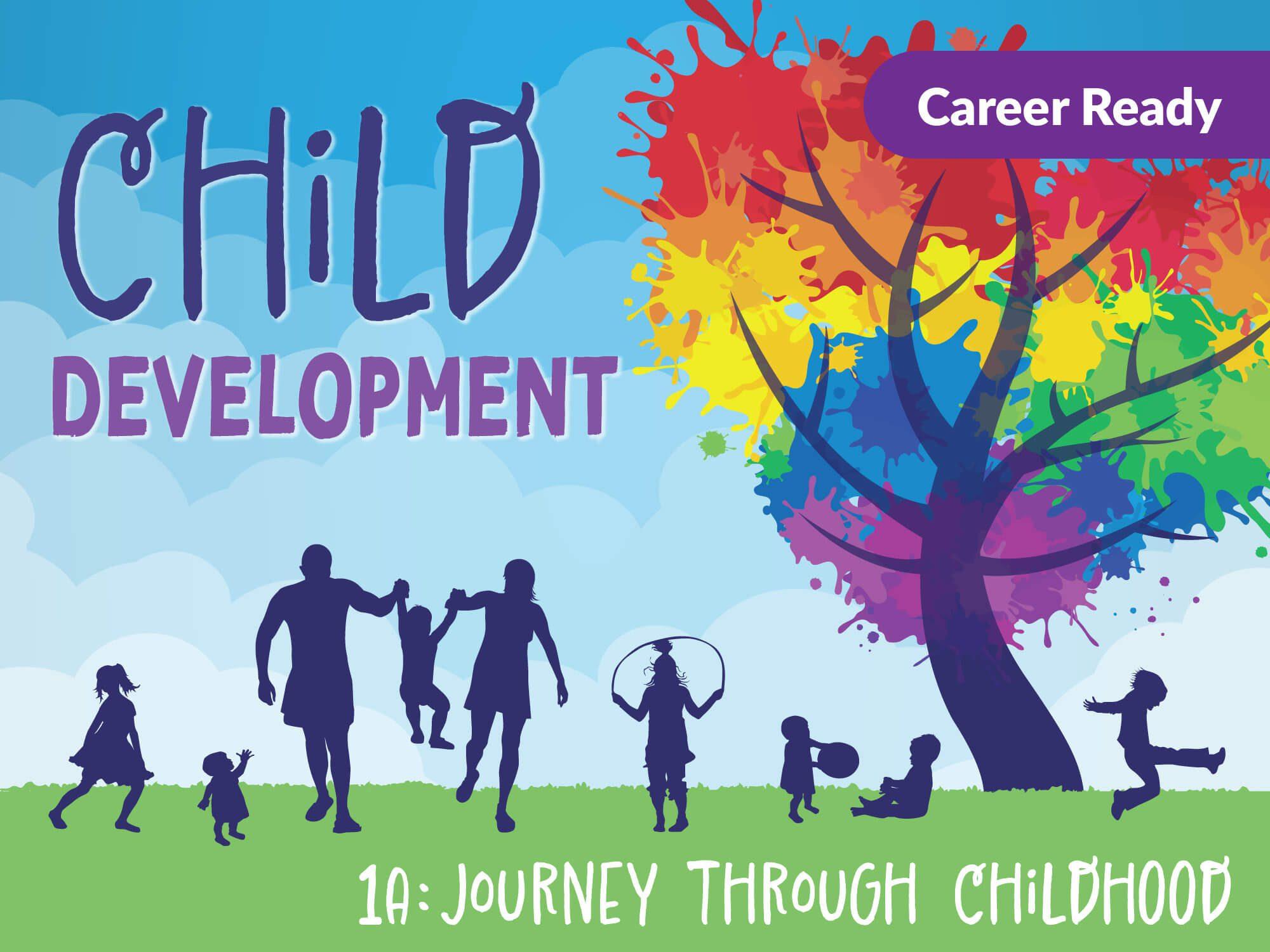In today’s fast-paced educational landscape, the notion of competition is often a double-edged sword, wielding the potential to either motivate or overwhelm young learners. As parents and educators grapple with the challenge of nurturing academic excellence, the question arises: how can we foster a healthy sense of competition in children that propels them towards success without compromising their well-being? This article delves into the nuanced dynamics of academic competition, offering a comprehensive analysis of strategies that can transform rivalry into a constructive force. By examining psychological insights and practical approaches, we aim to equip parents with the tools needed to cultivate an environment where competition serves as a catalyst for growth, resilience, and a lifelong love of learning. With confidence in the transformative power of well-guided competition, we explore the balance between ambition and empathy, ensuring that the pursuit of excellence becomes an enriching journey for every child.
Understanding the Role of Competition in Child Development
Competition can be a double-edged sword in a child’s academic journey. On one hand, it can motivate and drive them to achieve more, while on the other, it can lead to unnecessary stress and comparison. To navigate this delicate balance, it’s crucial to understand its multifaceted role in child development. Competition can help children develop resilience, enhance their problem-solving skills, and foster a sense of achievement. However, it’s essential to ensure that competition remains healthy and constructive.
- Encourage a Growth Mindset: Help your child see challenges as opportunities to learn rather than obstacles to overcome.
- Focus on Personal Improvement: Emphasize individual progress over winning or being the best.
- Model Positive Behavior: Demonstrate how to handle both success and failure gracefully.
- Promote Teamwork: Encourage collaborative activities where children can learn from one another.
By instilling these values, you create an environment where competition serves as a catalyst for growth, rather than a source of pressure. Understanding this role enables parents and educators to guide children towards a balanced academic experience that values both achievement and personal development.

Encouraging a Growth Mindset to Embrace Challenges
To nurture a growth mindset in your child, it’s crucial to present challenges as opportunities for development rather than obstacles to success. Encourage them to view mistakes as learning experiences by reinforcing the idea that intelligence and abilities can be developed through dedication and hard work. This perspective fosters resilience and a passion for learning, essential components in thriving academic environments.
- Emphasize Effort Over Outcome: Celebrate the process of learning and the effort put into overcoming challenges, rather than just the final result. This approach helps children understand the value of persistence.
- Normalize Failure: Create a safe space for your child to fail and learn from their experiences. Discuss famous failures that led to success to illustrate that setbacks are stepping stones.
- Encourage Curiosity: Foster an environment where questions are welcomed and curiosity is rewarded. Encourage them to explore subjects deeply, sparking a genuine interest in their studies.
By integrating these strategies into your child’s academic life, you equip them with the tools needed to embrace challenges confidently, transforming competition into a healthy pursuit of personal growth and excellence.

Implementing Balanced Reward Systems to Motivate Learning
Creating a balanced reward system can significantly enhance your child’s motivation towards academic pursuits. The key lies in understanding that rewards should be meaningful yet attainable, fostering a sense of achievement without inducing undue stress. Instead of focusing solely on high grades, consider recognizing efforts and improvements. This could include rewarding consistency in study habits or the courage to tackle challenging subjects. By doing so, you promote a growth mindset, where children value the learning process itself.
- Personalized Goals: Tailor rewards to individual achievements, ensuring that each child feels their unique efforts are acknowledged.
- Diverse Rewards: Mix tangible rewards like a favorite book or outing with intangible ones such as verbal praise or extra screen time.
- Milestone Celebrations: Recognize both small and large milestones to keep the motivation sustained over time.
- Feedback Focus: Emphasize constructive feedback over punitive measures to maintain a positive learning environment.
Integrating such a system within your child’s academic life encourages healthy competition, not against peers, but against their past performances. This approach not only nurtures self-improvement but also instills a lifelong love for learning.
Creating Collaborative Opportunities to Enhance Peer Interaction
Encouraging collaborative opportunities among children can significantly enhance their peer interactions and academic growth. Fostering an environment where children can engage in group activities not only boosts their communication skills but also promotes a sense of camaraderie and mutual respect. Here are a few strategies to consider:
- Group Projects: Design assignments that require teamwork, ensuring that each child has a specific role to play. This teaches responsibility and helps children appreciate diverse perspectives.
- Study Circles: Encourage children to form study groups where they can discuss and solve problems collectively. This not only aids in knowledge sharing but also instills confidence in expressing their ideas.
- Peer Teaching: Organize sessions where students take turns teaching a concept to their peers. This reinforces their understanding and develops leadership skills.
By integrating these methods, parents and educators can create a supportive and competitive atmosphere that motivates children to excel academically while building strong peer relationships.



